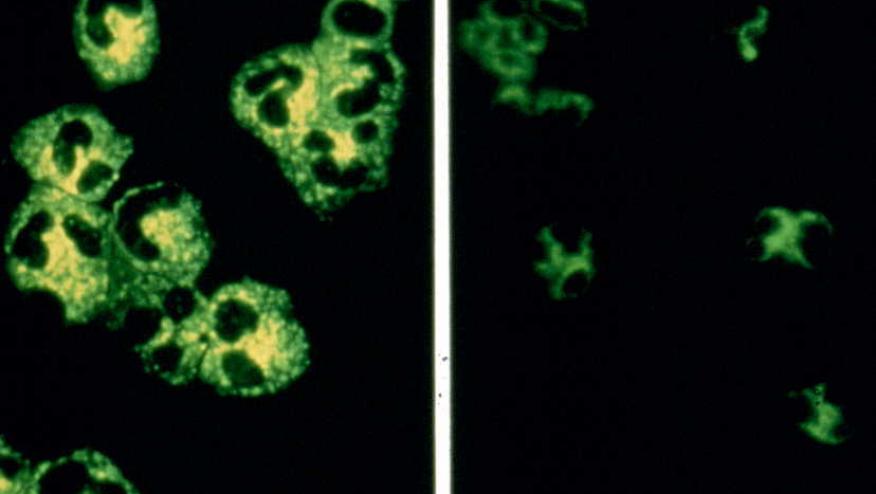Venous Thromboembolism Risk Factors in ANCA-Associated Vasculitis Save

Venous thromboembolism (VTE) is one of the many co-morbidities seen in patients with ANCA-associated vasculitis. Prospective data from the WGET trial demonstrated that 8.9% if patients with granulomatosis with polyangiitis (GPA) developed VTE, for an incidence of 7.0/100 patient years.
Risk factors for VTE in AAV that have been described previously include older age, male gender, previous VTE and stroke.
In a recent issue of Rheumatology, Kronbichler, et al. sought to validate previously proposed risks and identify novel risk factors associated with VTE in AAV. They used patients enrolled in four randomized controlled trials conducted by the European Vasculitis Society (EUVAS) including NORAM, CYCAZAREM, CYCLOPS and MEPEX.
They included 417 patients in their analysis, 55% of whom had a diagnosis of GPA and 45% had MPA or renal-limited vasculitis. The median age was 60 yrs. and 54.4% were male. Univariate and multivariate analysis were used for analysis.
During follow up, 41 patients had at least one episode of VTE. In the univariate analysis they found that patients who developed VTE had higher baseline creatinine (OR = 1.08, 95% CI: 0.99, 1.18, P = 0.037) and Birmingham Vasculitis Activity Score (BVAS) items, including cutaneous involvement (OR = 3.09, 95% CI: 1.59, 6.01; P = 0.001) and GI involvement (OR = 5.69, 95% CI: 1.98, 16.31; P = 0.001).
There was a trend towards higher risk of VTE in patients receiving plasmapharesis, but this was not statistically significant. Interestingly, subsequent development of malignancy during follow up was associated with VTE risk. After multivariate analysis, CRP, cutaneous and GI involvement and baseline creatinine were associated with VTE.
They did not find an association between age and risk of VTE, nor did they find male sex as a risk factor. These authors describe novel risk associations for VTE in AAV that, while interesting, while need to be confirmed with future studies.










If you are a health practitioner, you may Login/Register to comment.
Due to the nature of these comment forums, only health practitioners are allowed to comment at this time.